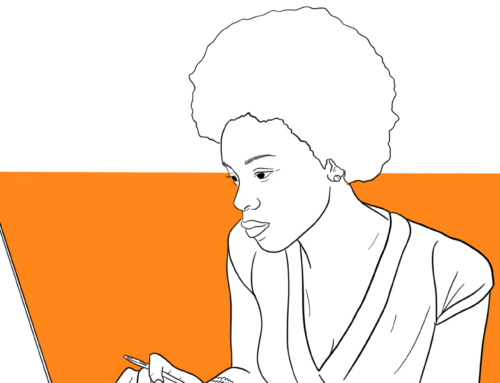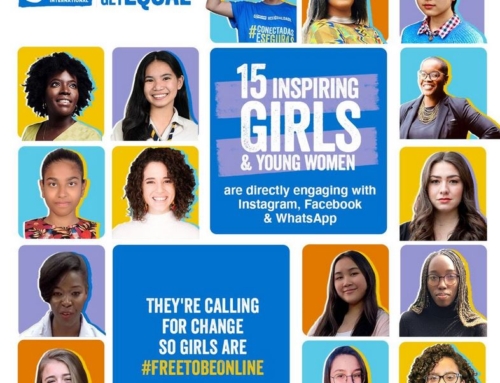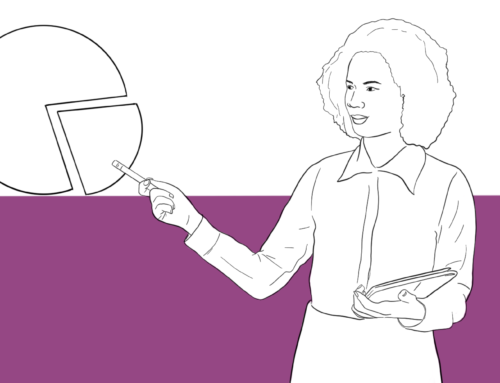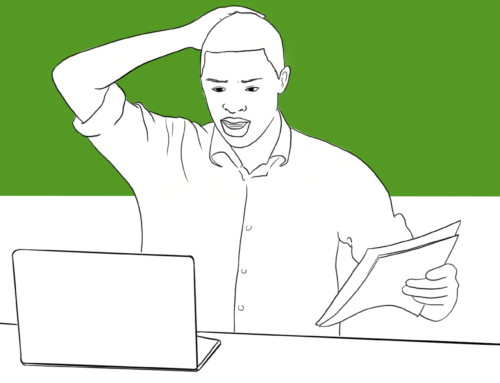Globally, both voter turnout and trust in governments have been plummeting. Many citizens have come to dislike politicians or feel disenfranchised by the entire system. In between elections, there aren’t many opportunities for ordinary people to influence the issues that affect them. But, in tech lies some hope.
On February 18th 2016, Uganda held general elections for President and Parliament. More than 10.3 million Ugandan citizens cast their votes at 28,010 polling stations across the country. The electoral commission was put to the spotlight by Blogger Evelyn Namara when she used available data to expose the voter-register discrepancies a few days to Uganda’s Presidential and Parliamentary Elections — a move that actually woke up Ugandans. On the day of, polling stations opened late and some, not at all. Ballots arrived late and those that did, were sometimes only for parliamentary candidates. However, despite the shambles experienced, the Electoral Commission (EC) did make some key strides prior to the elections on embracing technology and enhancing the voting experience for Ugandans. In 2015, some months to the election, the EC launched an online and mobile tool to help voters easily check their “votability” without having to wait in long lines at the various registration centers. By entering a voter number, application ID or National ID Number, citizens could use a search query to confirm their eligibility.
Small advances, with a long way to go! With the rise of civic technology, each day, new ideas, services and products are churned out to bridge the divide between citizens and governments. We spend a large proportion of our budgets on taxes which fund the government, yet we have little say in how exactly this money is used. Let’s take the tech to them.
Registration and Voting
Voting is every citizen’s right and all citizens are called upon to vote as part of their civic duty. Yet, we often experience drama on the D-day as mentioned earlier. Most notably with ballots. It’s time to consider electronic voting systems. Take for example, in Australia, when electronic voting machines were first introduced, 300,000 impaired Australians were able to independently vote for the first time in the 2007 elections. In India, over 400 million voters, ~60% of eligible voters, exercised their right to vote using Electronic Voting Machines in the 2009 elections. Counting this massive number of votes took just a few hours, compared to the days we have to wait to hear back the results.
Furthermore, there are our fellow citizens who are in the army, busy peacekeeping in Somalia or in the UN, who are most susceptible to being disenfranchised due to a poor reforms that may hold them back from making it to vote. Let’s take voting online. While anything online is susceptible to hacks and manipulation, it’s time to start thinking more seriously of how we can create easier and more inclusive means of conducting our civic duty. One such success of internet voting is that of Estonia. In the 2011 parliamentary elections held between February and March 2011, roughly 24% of participating voters cast their votes online. Of these, 96% of these electronic votes were cast in Estonia and 4% by Estonian citizens residing in 106 foreign countries.
Candidacy
While voting for our favorite (or least hated) candidate is one priority, the other lies in bringing the best and brightest leaders forward to lead us. Several organizations have been focusing on building up candidates, often with an emphasis on women. These include initiatives such as Vote Run Lead, Running Start and She Should Run. While several civil society organizations in Uganda do focus and do good work around women in politics, there is a still a big gap in utilizing technology to address some of the challenges that these candidates face such as insufficient funding, lack of knowledge on policies, lack of skills on lobbying/advocacy, how to effectively campaign etc.
Crowdfunding
In the past, it used to be that only deep pockets would push their candidates forward. But now, with advances in technology, we can reach into the shallow pockets of much larger numbers than ever before. Several companies have launched platform that allow citizens to crowdfund not just their candidates, but also public projects and services, effectively bringing communities together to participate in the greater good of the whole. Some examples include CrowdPac, SpaceHive and Citizinvestor.
Accountability
Once elected, citizens have little say in swaying their politicians one way or the other, until the next election cycle comes around. But several online products, apps and services are working with governments to make them more transparent and accountable to the citizens, while in turn, making citizens participate more in what goes on around them. Issue reporting platforms such as CoLab, SeeClickFix and Urb make it easy for citizens to report incidents that need attention whereas platforms such as CitizenLaballow citizens to co-create their cities by focusing on their priorities. Other services such as GovDelivery work directly with governments to ensure a smooth line of communication between various government departments and concerned citizens, creating an instant feedback loop and increasing engagement rates.
Legislation Engagement
It’s easy to get lost in the jargon of legislative documents, but many programs have come forward to distill the messages within and remove the barriers towards understanding how and why laws and policies are made. East Africa has a number of such initiatives including Parliament Watch, a virtual tracker that monitors the Parliament of Uganda on a regular basis and uses readily available means of disseminating this information, such as social media. Similarly, Mzalendo in Kenya keeps an eye on the parliament proceedings. Barefoot Law in Uganda provides succinct explanations of the law using relevant examples.
Social Media
A few years ago, social media was deemed a waste of time and money. There was an insufficient flow of information to the majority people. Politicians sought to use traditional means of mainstream media such as television, newspapers and radios yet most of their constituents had moved on to newer technologies. In the past few weeks, we have witnessed the true power of social media in bringing fresh ideas and leaders to parliament. Notably, Ugandan reggae artist Bobi Wine alias Robert Kyagulanyi Ssentamu, who rose to the strides from the ghetto into the Ugandan parliament with powerful usage of social media to his greater advantage. Today, with a landslide victory, he’s the newest member of the 10th Parliament of Uganda.
There are many other advances in civic technology that can help increase political participation, but that’s for another post. Regardless of shifts in perceptions about politics, we can’t afford to turn a deaf ear because it directly or indirectly affects each and everyone of us as a nation. A citizenry detached from the politics of the country can lead to poor policies and overall stagnation.
Technology is here to help us improve the way things are done. Why are voters waiting in long queues just to cast their vote when there are affordable technologies we can use to break this? Why must they wait for election times to have their voices heard? Why must they be forced to select from the same pool of disappointing candidates?
Let’s embrace technology to enhance political participation.





Leave A Comment